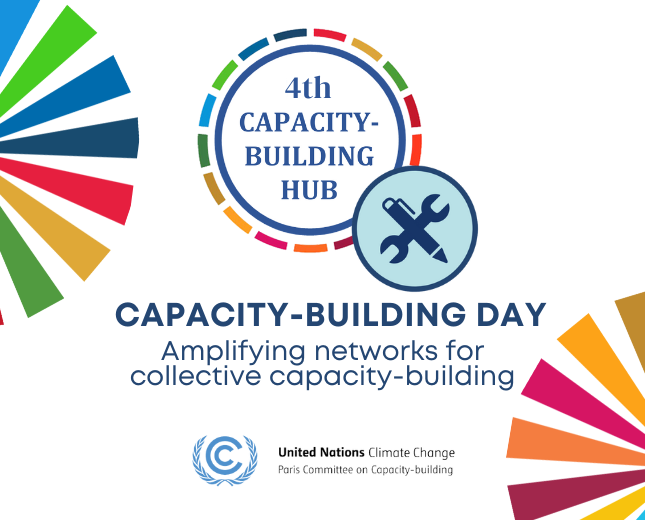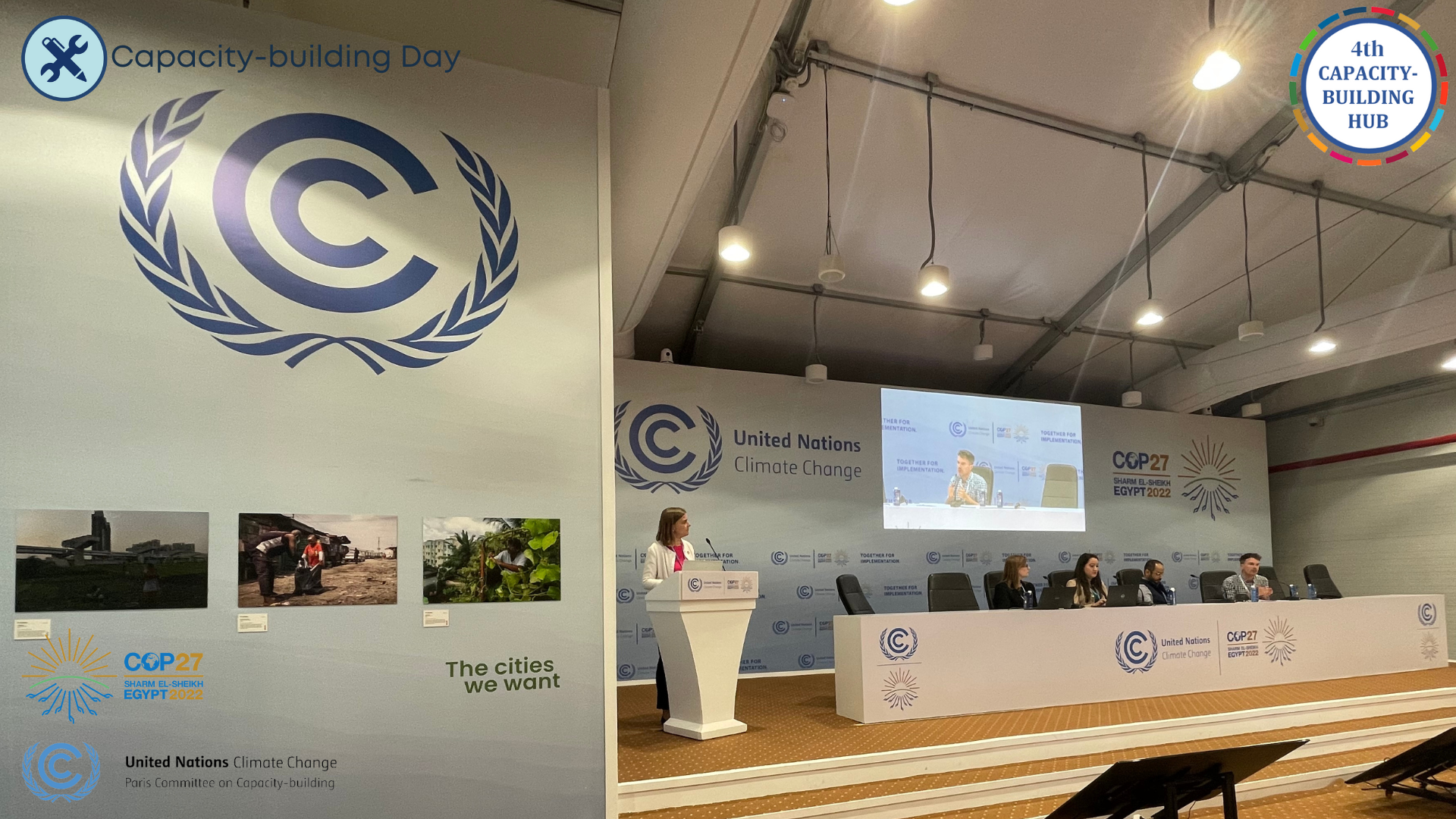Event Recording
Organizer
Background
The United Nations University (UNU) is the academic arm of the United Nations and acts as a global think tank. The mission of the Institute for Environment and Human Security (UNU-EHS) is to carry out cutting edge research on risks and adaptation related to environmental hazards and global change. The institute’s research promotes policies and programmes to reduce these risks, while taking into account the interplay between environmental and societal factors.
Research areas include climate change adaptation incorporating insurance-related approaches, environmentally induced migration and social vulnerability, ecosystem services and environmental deterioration processes, models and tools to analyze vulnerability and risks linked to natural hazards, with a focus on urban space and rural-urban interfaces. Research is always conducted with the underlying goal of connecting solutions to development pathways.
Beyond its research mandate, UNU-EHS is actively engaged in education. It offers the joint Master of Science degree programme “The Geography of Environmental Risks and Human Security” with the University of Bonn. UNU-EHS also hosts a number of international PhD projects and courses on global issues of environmental risks and sustainable development. The institute is based in Bonn, Germany.
Objectives
The main objective of this session was to raise awareness to multiple urban realities and how to translate them into compelling narratives to enable urban climate action. This is very much needed as one of the biggest obstacles to ambitious urban climate action is that it seems to be a distant threat and that there are supposedly bigger and more urgent problems to solve in cities. That is particularly true for the most vulnerable groups of society whose critical knowledge and capacity gaps often hinder them from making their voices heard in co-developing more just and livable futures for all.
Hence, this session contributed to closing these crucial gaps by showcasing an approach to 1) collect climate change perceptions from urban communities, with a focus on most vulnerable dwellers 2) process this data and 3) translate it into capacitation strategies and training material.
In addition to sharing details of this approach with the attendees, speakers provided insights into what impacts can be achieved, based on recent implementation in different cities.
Structure
| Time |
Segment and Speaker |
| 5 mins |
Opening remarks |
| 5 mins |
Introductory statement on the need for climate action for diverse urban realities by M. Doust |
| 5 mins |
Short video with voices from different cities and actors showing urban realities, pressing challenges and the power of coalitions for developing inspiring narratives and joint solutions, followed by explanatory statement – A. Flores Corral |
| 10 mins |
Supporting climate action & coalition building with research and capacity-building– insights from an ongoing project under the International Climate Initiative – F. Guerra |
| 10 mins |
Building strong coalitions to share capacities and build joint narratives for urban sustainability transformation – A. Bahadur |
| 15 mins |
Panel discussion with Q&A from audience |
| 5 mins |
Closing remarks |
Moderators
- Ms. Simone Sandholz, Head of Urban Futures and Sustainability Transformation Programme, United Nations University Institute for Environment and Human Security (UNU-EHS)
- Mr. Lucas Turmena, Researcher, United Nations University Institute for Environment and Human Security (UNU-EHS)
Speakers
- Ms. Martha Delgado Peralta, Undersecretary for Multilateral Affairs and Human Rights, Ministry of Foreign Affairs, Mexico
- Mr. Michael Doust, Director of Urban Efficiency & Climate for WRI Ross Center for Sustainable Cities
- Mr. Aditya Bahadur, Principal researcher, Human Settlements, International Institute for Environment and Development (IIED)
- Ms. Arianna Flores Corral, Communications Analyst, United Nations University - Institute for Environment and Human Security (UNU-EHS)
- Ms. Flávia Guerra, Senior Researcher, United Nations University - Institute for Environment and Human Security (UNU-EHS)
Key Outcomes
- Long-term climate action will only be successful if people are involved personally with emotions. The challenge is to find compelling narratives that speaks to these perspectives and that covers climate action as well.
- Capacity development programmes for more sustainable cities through individual actor coalition resulting in a catalyst project with interlinking climate action goals can be a way to achieve individually tailored solutions for cities.
- Cities have a wide range of responsibilities and climate policymakers' entry points need to be found. We need a whole system approach including cities coalitions across sectors.
- Changing the climate action narrative and unlocking beneficial urban conditions to enable transformative climate action and finance will be necessary.



